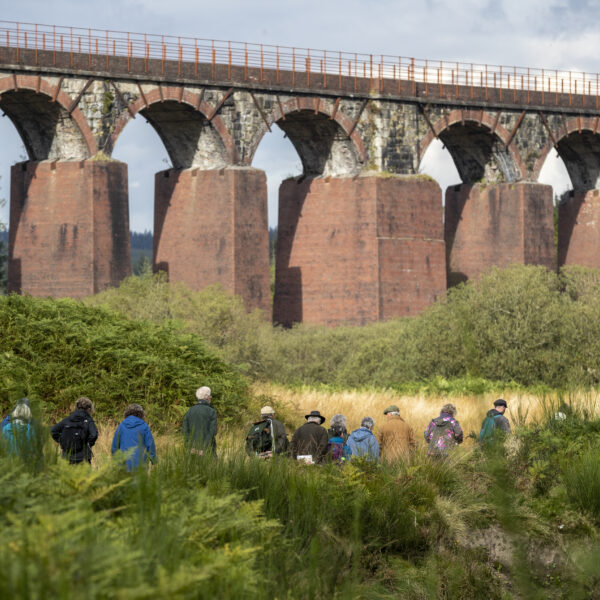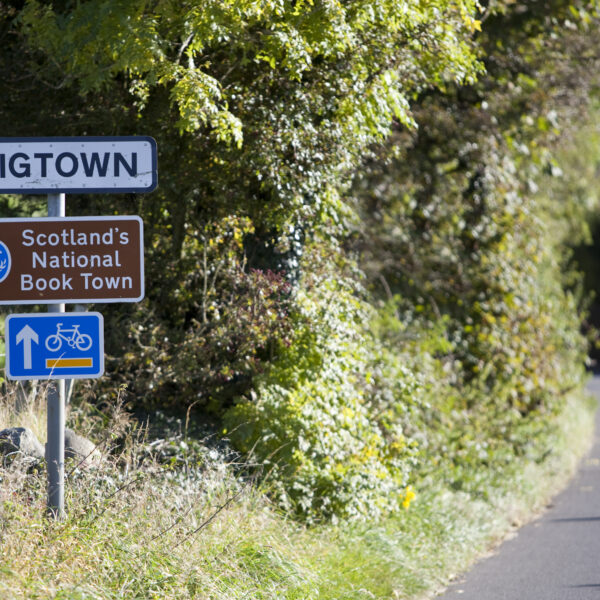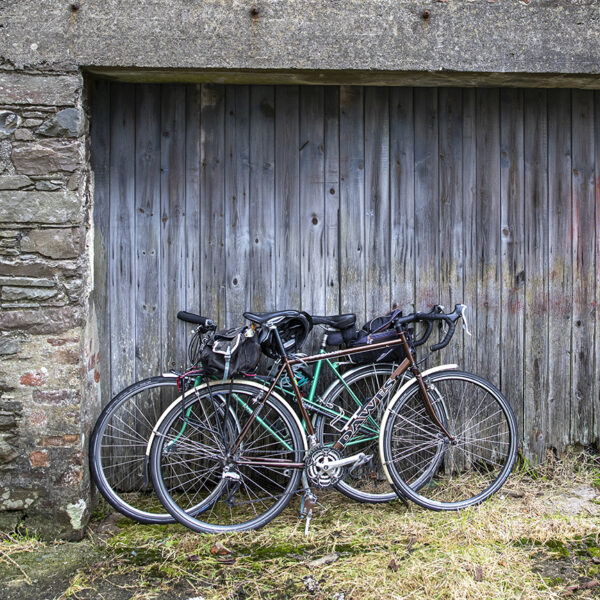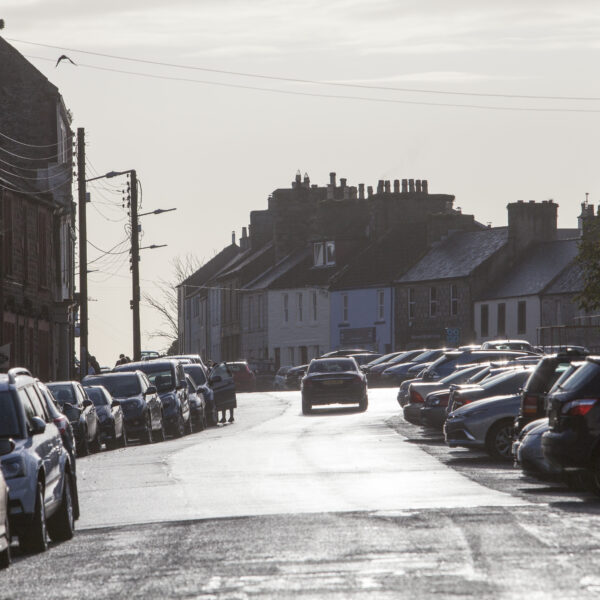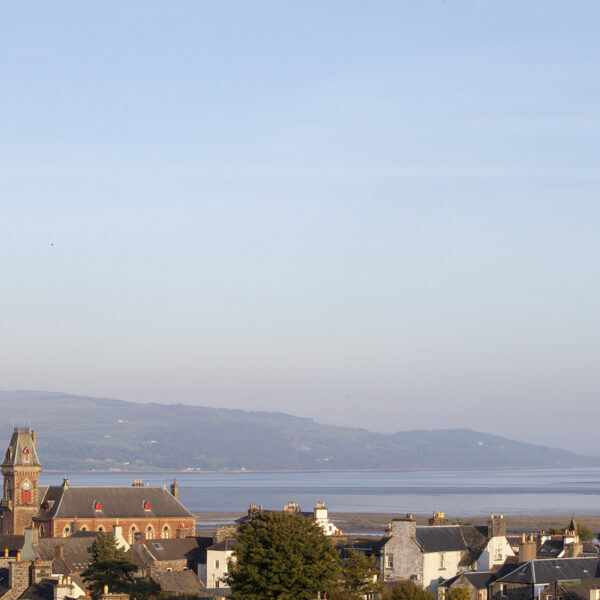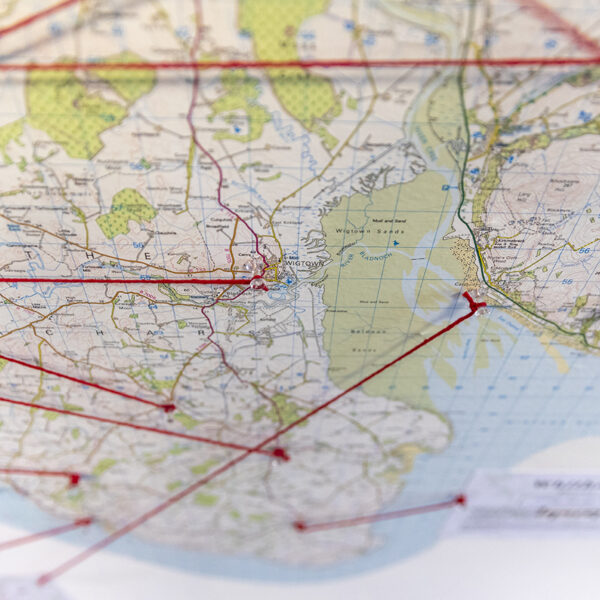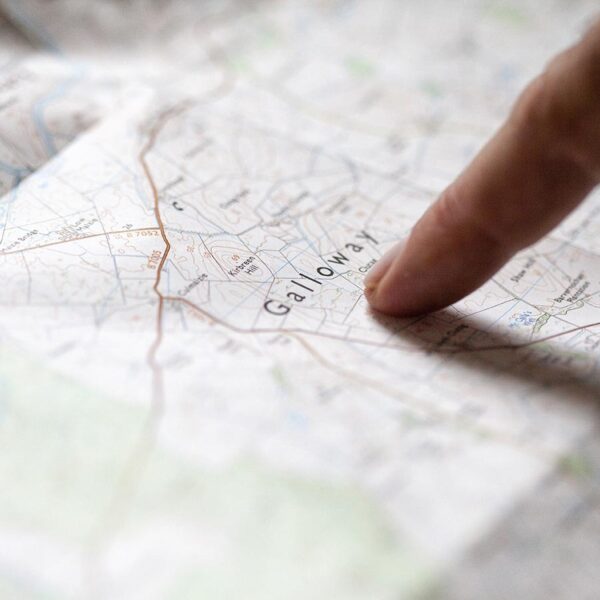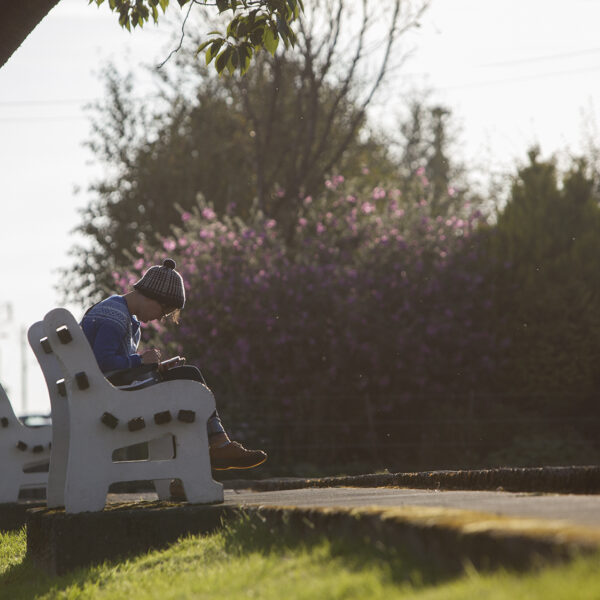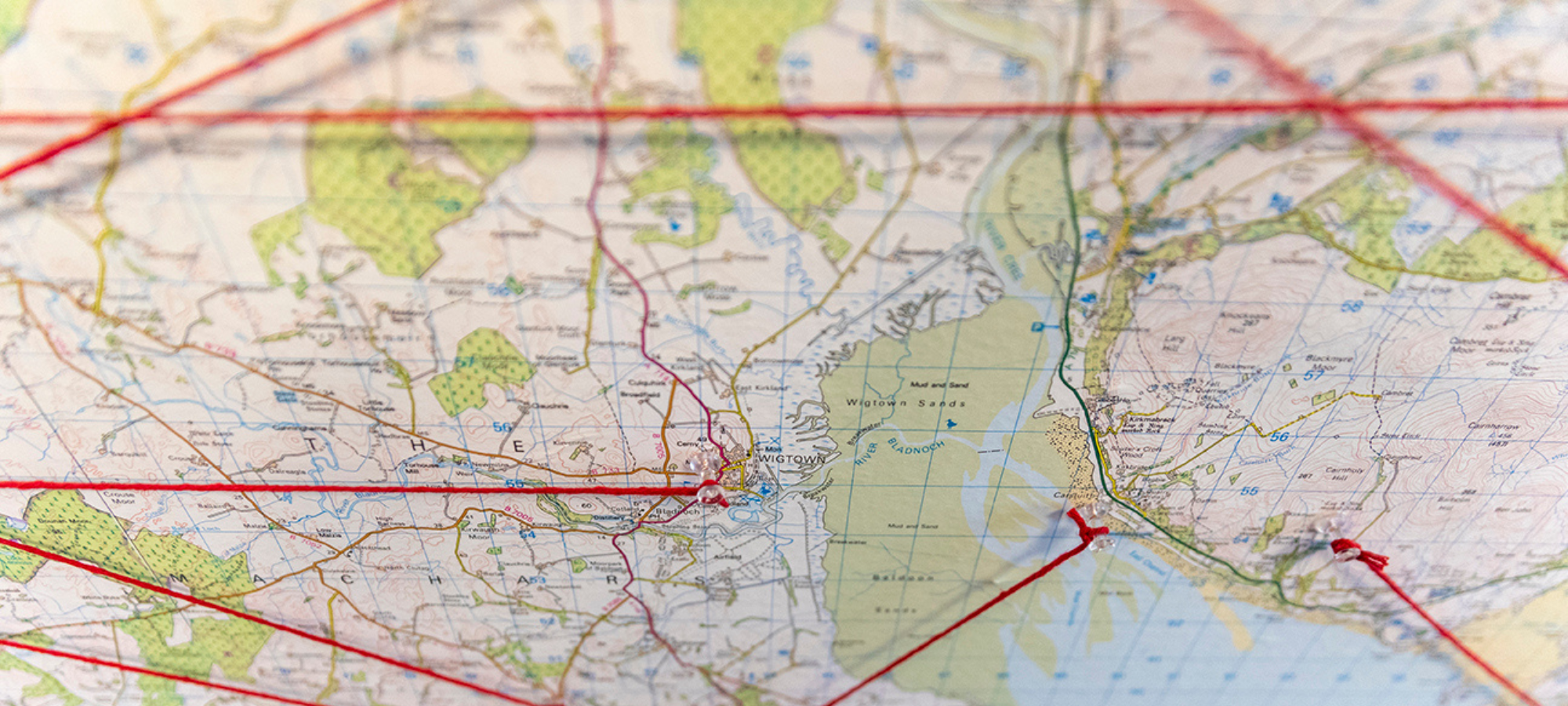
Sustainable Travel
As part of our Change the Stories initiative we are asking visitors to think about how they visit Wigtown, and contemplate environmentally friendly modes of travel.
As the world contends with the climate emergency, the consequences of our actions are becoming progressively apparent. Rising global temperatures, melting ice caps, and more frequent natural disasters are all evidence of the devastating impact of human activities on the environment. The scientific consensus is clear: We have to take action to reduce greenhouse gas emissions and transition to a more sustainable future.
To this end, Wigtown Book Festival has initiated a sustainable transport project, in which we offer alternative options of traveling to and from the book festival to lessen Carbon dioxide (CO2) emissions. We have collated pages that will enable you to plan your journey using electric vehicles, buses, trains and bicycles. By shifting away from fossil fuels and towards cleaner energy sources, we can significantly reduce carbon emissions and decrease air pollution.
We believe the adoption of sustainable transportation options can be an achievable component of our collective response. By transitioning to cleaner energy sources and reducing our reliance on fossil fuels, we can make a significant impact on both the environment, public health and create a more sustainable future for ourselves and future generations.
Supported by Smarter Choices, Smarter Places
For shared transport from and to Dumfries railway station, please contact the box office and we will be happy to advise on times when cars or our festival minibus may be travelling.
The website pages below will give you access to the options available for organising your journey to and from the Wigtown Book Festival.
View Change the Stories events
Original narratives about climate and the environment
Supported by RSK and DG Unlimited
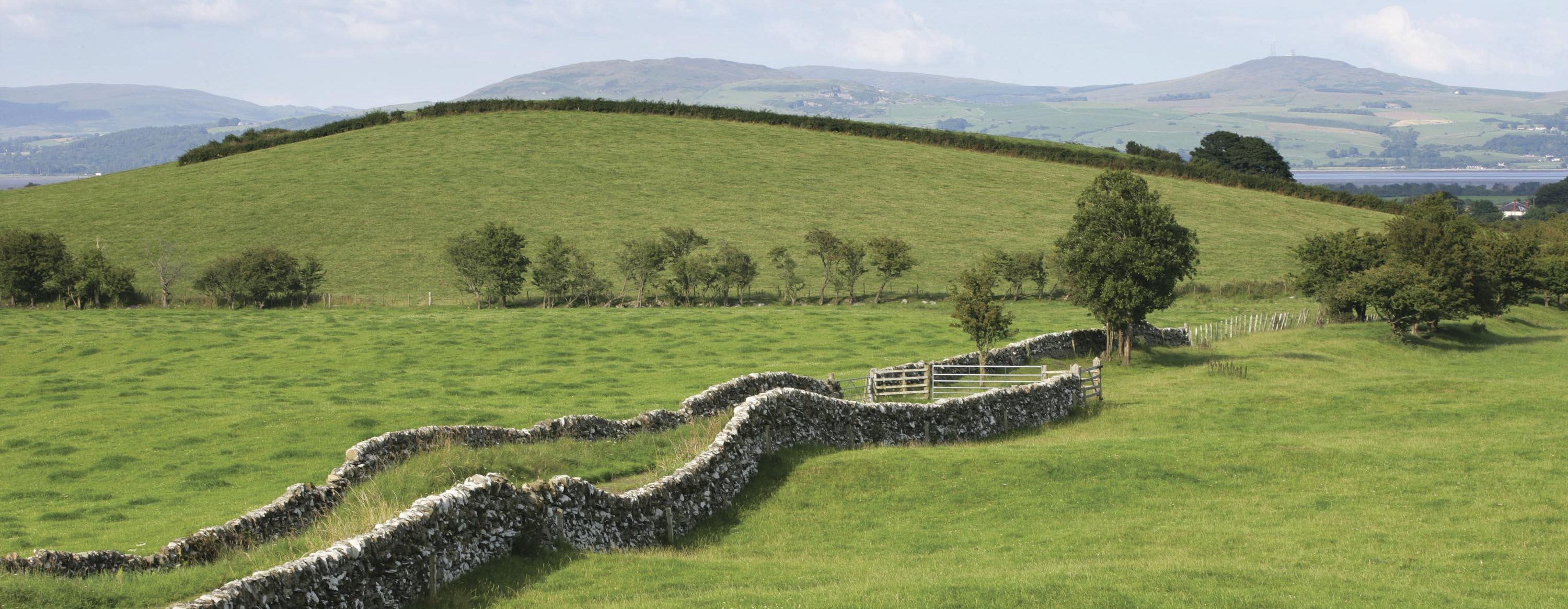
"Transport should be planned, but with entirely different aims: to maximise its social benefits, while minimising harm. This means a wholesale switch towards electric mass transit, safe and separate bike lanes and broad pavements, accompanied by a steady closure of the conditions that allow cars to rampage through our lives. In some places, and for some purposes, using cars is unavoidable. But for the great majority of journeys they can easily be substituted, as you can see in Amsterdam, Pontevedra and Copenhagen. We could almost eliminate them from our cities."
- George Monbiot
